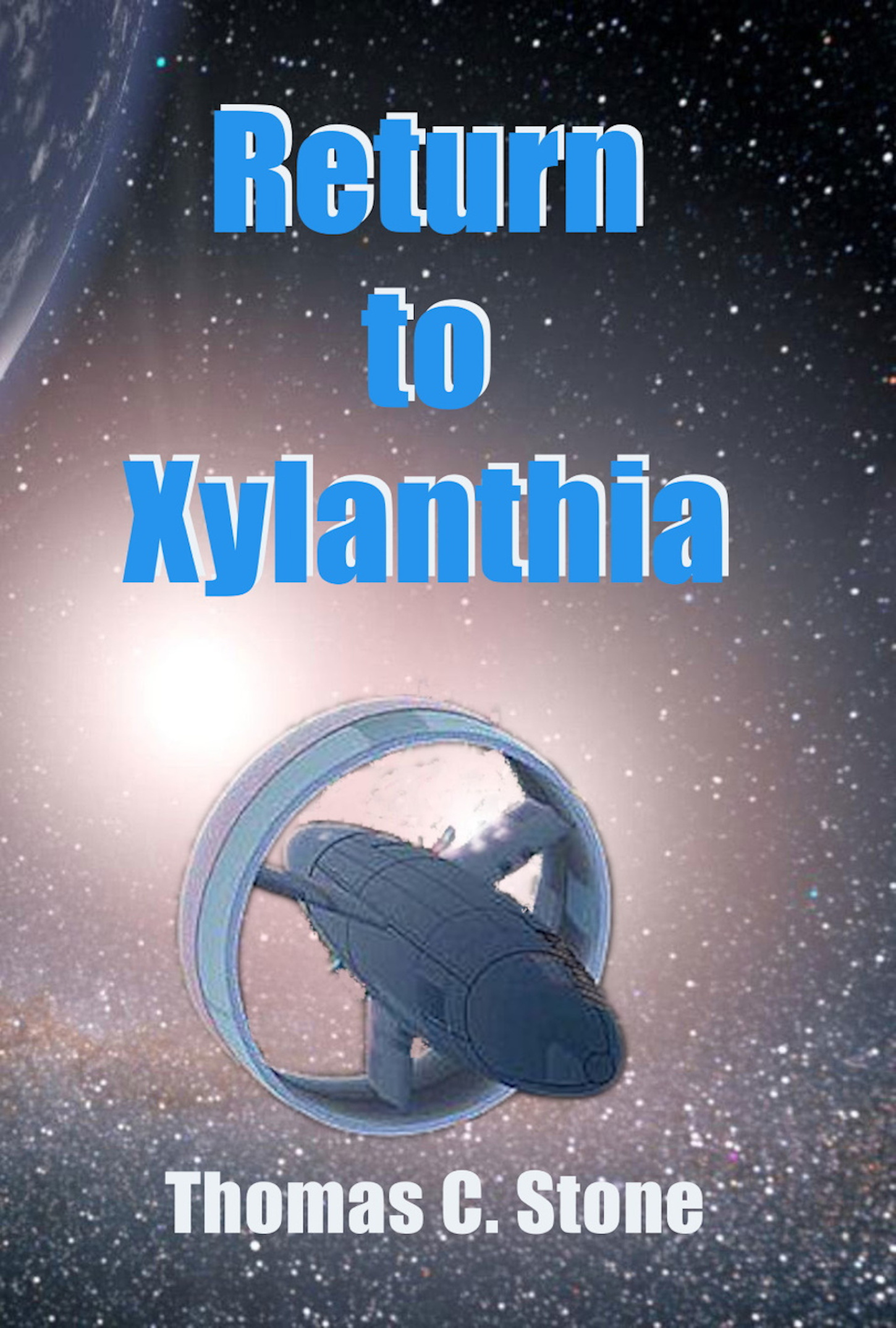


 By the mid-22nd century, interstellar travel took on a number of forms, but the most advanced was the Alcubierre Drive. The Braithwaite Conglomerate contributed to its research and was instrumental in its development. When the engineering theory became a physical realization, it didn't quite work as the scientists and planners had hoped. It worked even better. Essentially, the Alcubierre Drive represented a spacecraft that could traverse immense distances by contracting space in front of it and (re)expanding space behind, resulting in effective faster-than-light travel. FTL travel was realized because objects cannot accelerate to the speed of light within normal spacetime without necessitating the need to transform anything with mass, including people, into photons, which would be uncomfortable, if not deadly, for most of us. Instead, the Alcubierre Drive transformed the space around a craft enabling it to arrive at its destination faster than light would in normal space. At least, that was the original idea. However, during trial runs, it became apparent a few adjustments to the navigation computer would enable the craft to "bend space" and surpass even the velocities involved in faster-than-light travel. It could essentially jump to any location that could be programmed into the nav computer. Braithwaite engineered the new craft and new colonies of humans began cropping up in diverse places. Although there were others who pioneered FTL, mankind finally left the solar system through the use of the Alcubierre drive. An unmanned ship guided by onboard AI could travel from Earth to Xylanthia in six weeks and one day. Additionally, any braking requirements at the destinations were reduced to negligible velocities. At the destination, pulse drives were used to manage orbital velocities. Along with the media's projected success of the Siriun Survey Mission, a large faction of world citizens demanded the colonization of Xylanthia. Raising the environmentalists' hopes, Braithwaite had so far refused to consider petitioning for colonization. Mel pushed on the lid and it slid back and away to reveal the interior of the compartment along with the other pods. Tyra's was open and empty. Mel sat up and peered around the compartment. Tyra was not immediately visible, but around the corner Mel could hear the sound of running water. She swung her feet to the deck and sat in a state of stupor before the water stopped and Tyra walked into the compartment towel-drying her hair. "Oh," she said, "you're up. How do you feel?" "Sleepy. Tired. Nauseous. My back hurts and my legs are cramping." "And we've only been asleep for six weeks. Imagine how the deep space teams feel when they come out of cryo." "I'd rather not." Mel took two acetaminophen and staggered to the shower still holding the shotgun as Tyra began to dress. She called after Mel. "You don't have to carry that hand cannon around with you, I promise." She listened for a reply but there was none. "That thing could put a hole in the side of the ship and we'd be sucked out before we could figure out what was happening. Did you think about that?" Mel made no reply. Tyra heard the locking mechanism for the enclosed shower followed by the sound of the water pump as it began to spray Melody with fresh water. As hoped, the shower helped to clear Mel's head and relieve the other physical problems symptomatic to cryosleep. Only when she was showered, coiffed, and dressed, was she ready to deal with Tyra. Ready for more? Order here.
 |